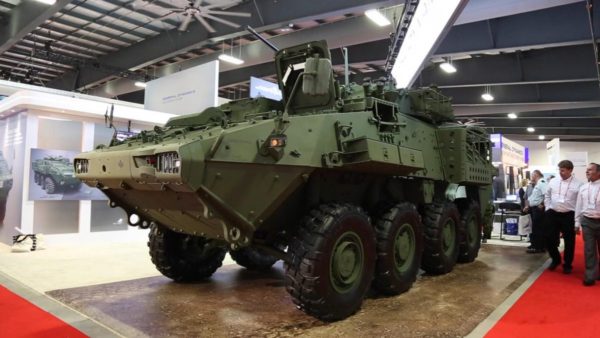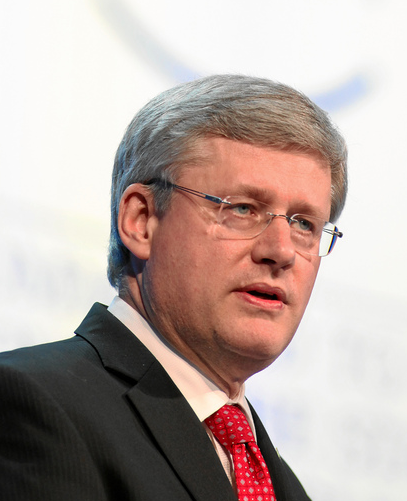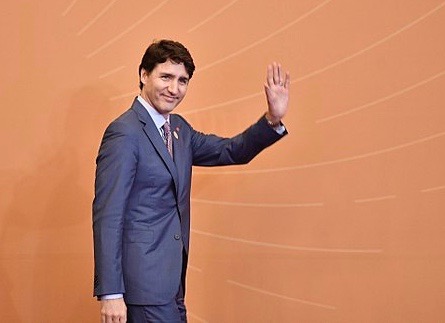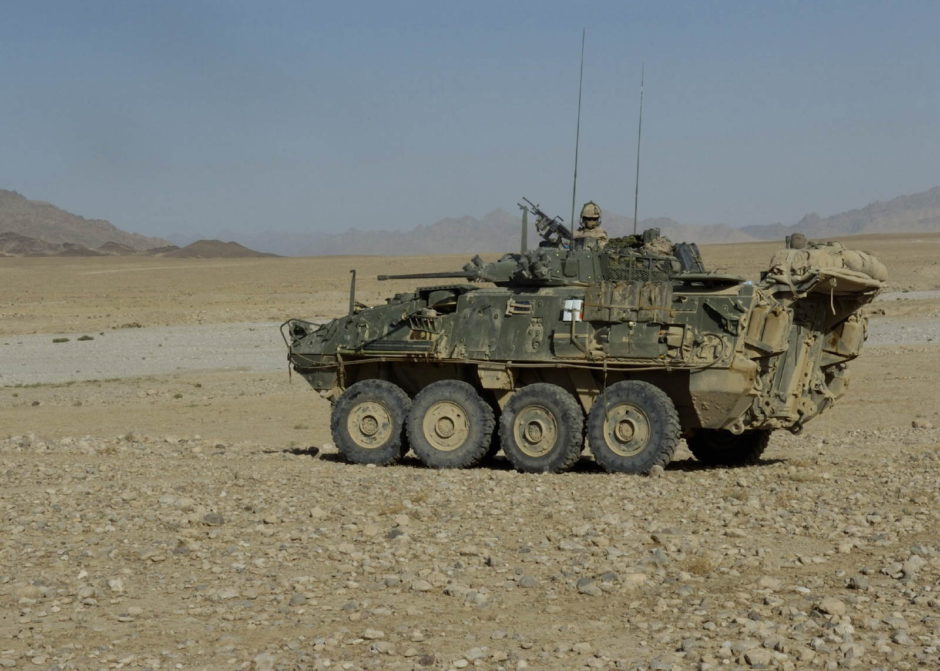Canadian Prime Minister Justin Trudeau has disclosed he is considering the possibility of cancelling a lucrative contract to sell more than 900 light armored vehicles to Saudi Arabia, which has a horrendous human rights record.

This was not an entirely surprising development. Two months ago, Canada announced it had suspended the approval of new arms export permits to Saudi Arabia. This came on the heels of the Saudi government’s decision to recall its ambassador in Ottawa, order Canada’s envoy in Riyadh to leave the country, and freeze all new trade and investment transactions with Canada.
The Saudis, Canada’s 17th largest trade partner, meted out this punishment in protest over a tweet by Canadian Foreign Minister Chrystia Freeland regarding the arrests of Saudi “civil society and women’s rights activists.” Freeland, “gravely concerned” by these incarcerations, urged the Saudi authorities to immediately release them and all other “peaceful human rights activists.”
Since then, Canada has been given another good reason to prohibit arms sales to Saudi Arabia. Its crown prince and heir to the throne, Mohammed bin Salman, stands justly accused of having ordered the brutal murder of Saudi dissident journalist Jamal Khashoggi in the Saudi consulate in Istanbul on October 2. Canada, having described the cold-blooded killing as “unacceptable,” has demanded answers from the Saudis, who have continually changed their story about Khashoggi’s demise.
Saudi Arabia’s high-handed, arrogant behavior is consistent with its status as an authoritarian theocracy that brooks no real dissent, mistreats its minority Shi’a population, bans the construction of non-Muslim places of worship, and exports its reactionary Wahhabi form of Islam to dozens of nations.
And as a United Nations report indicated earlier this year, Saudi Arabia has violated international humanitarian laws by intentionally attacking civilians during its aerial bombing campaign aimed at crushing rebel Houthi forces in neighboring Yemen.
Last week, the U.S. Senate voted to end American military assistance to Saudi Arabia in that war, which is at an impasse.
Given the Saudis’ lamentable record in domestic and foreign affairs, Canadian officials are acutely aware that the sale of light armored vehicles to Saudi Arabia might well place Canada in violation of its own arms-exporting regulations.
The deal to supply the Saudis with these vehicles, valued as high as $15 billion over a decade-and-a-half, was announced four years ago, when Canada was governed by Prime Minister Stephen Harper of the Conservative Party. The Harper government claimed it would generate more than 3,000 jobs annually, no small matter in the larger scheme of things.

The deal came under scrutiny after photographs and videos were posted on social media showing Saudi Arabia using Canadian-manufactured military equipment to suppress Shia dissidents in the eastern part of the country.
Shortly after Trudeau’s Liberal Party assumed power, the then Canadian foreign minister, Stephane Dion, issued the required export permits, saying he had been given assurances by the Saudi government that the vehicles would not be deployed against Saudi civilians.
These assurances should be taken with a grain of salt. The Saudis have since cracked down on human rights activists, bombed more civilians in Yemen and murdered Khashoggi, who had called for reforms in Saudi Arabia, an oil-rich kingdom that the ruling House of Saud treats as its personal fiefdom.
As a result of these egregious violations, the Canadian government has not delivered any of the vehicles to Saudi Arabia. The first deliveries were to have been made in 2017.
Trudeau’s recent assertion that the deal may be cancelled is recognition of widespread concerns that Canada should exercise extreme caution when selling arms to overseas buyers. Canada would be in good company if it decides to scrap the deal. Germany, Holland, Austria, Denmark and Spain have all stopped the export of weapons to Saudi Arabia.

A cancellation could cost Canada dearly in terms of penalties and lost jobs. Nonetheless, Trudeau should seriously consider cancelling the deal, purchasing some or all of the vehicles for the Canadian armed forces, and finding another buyer or buyers for the surplus.
